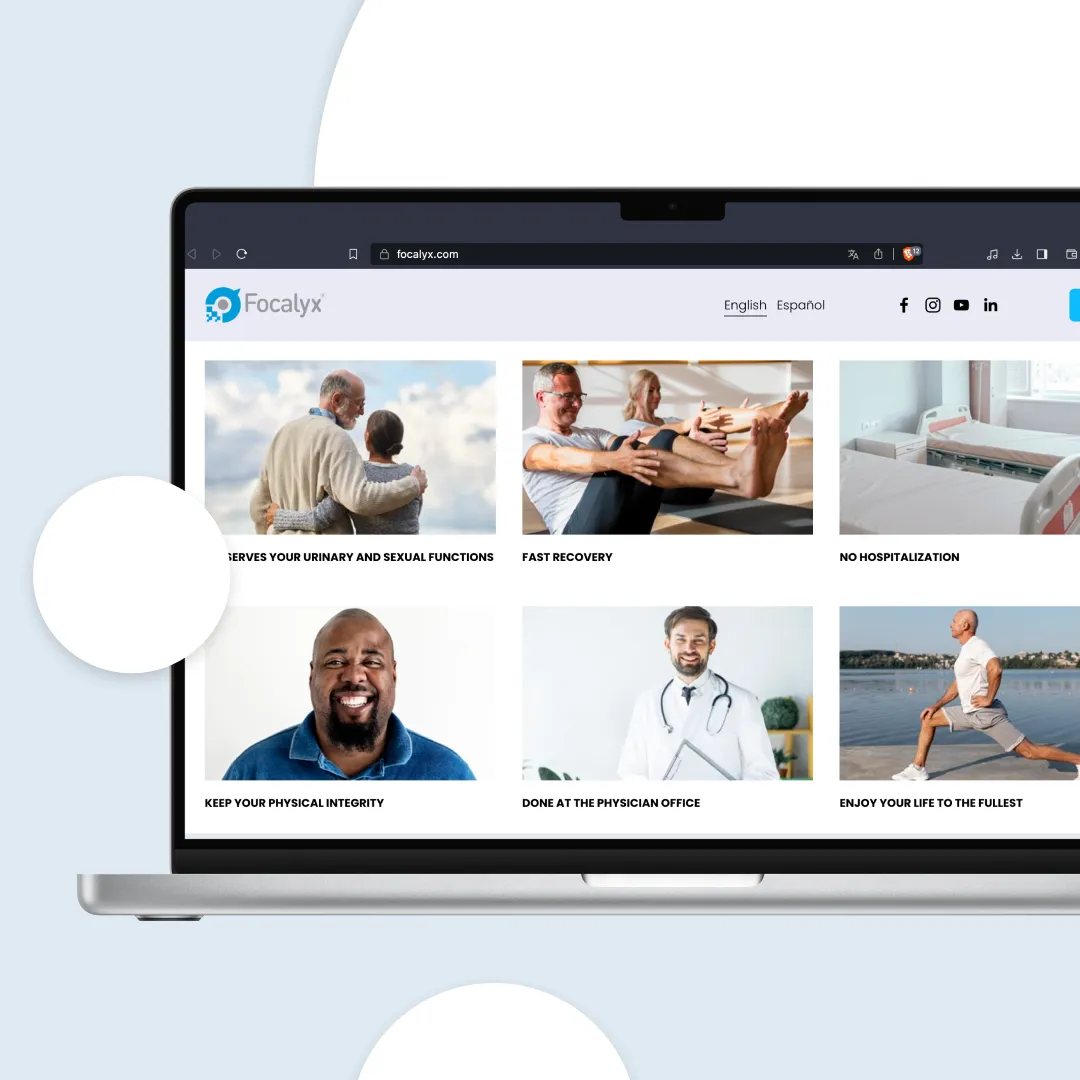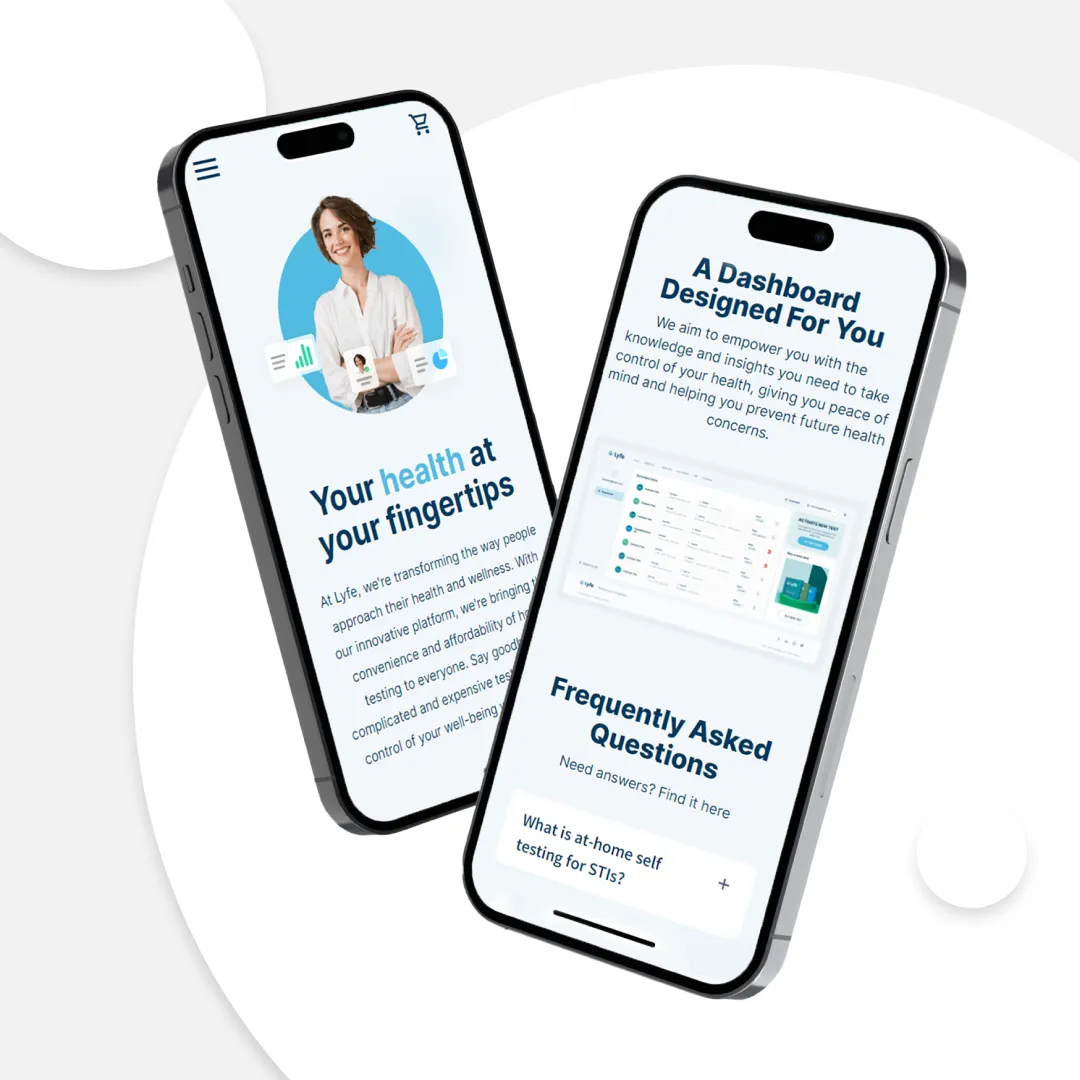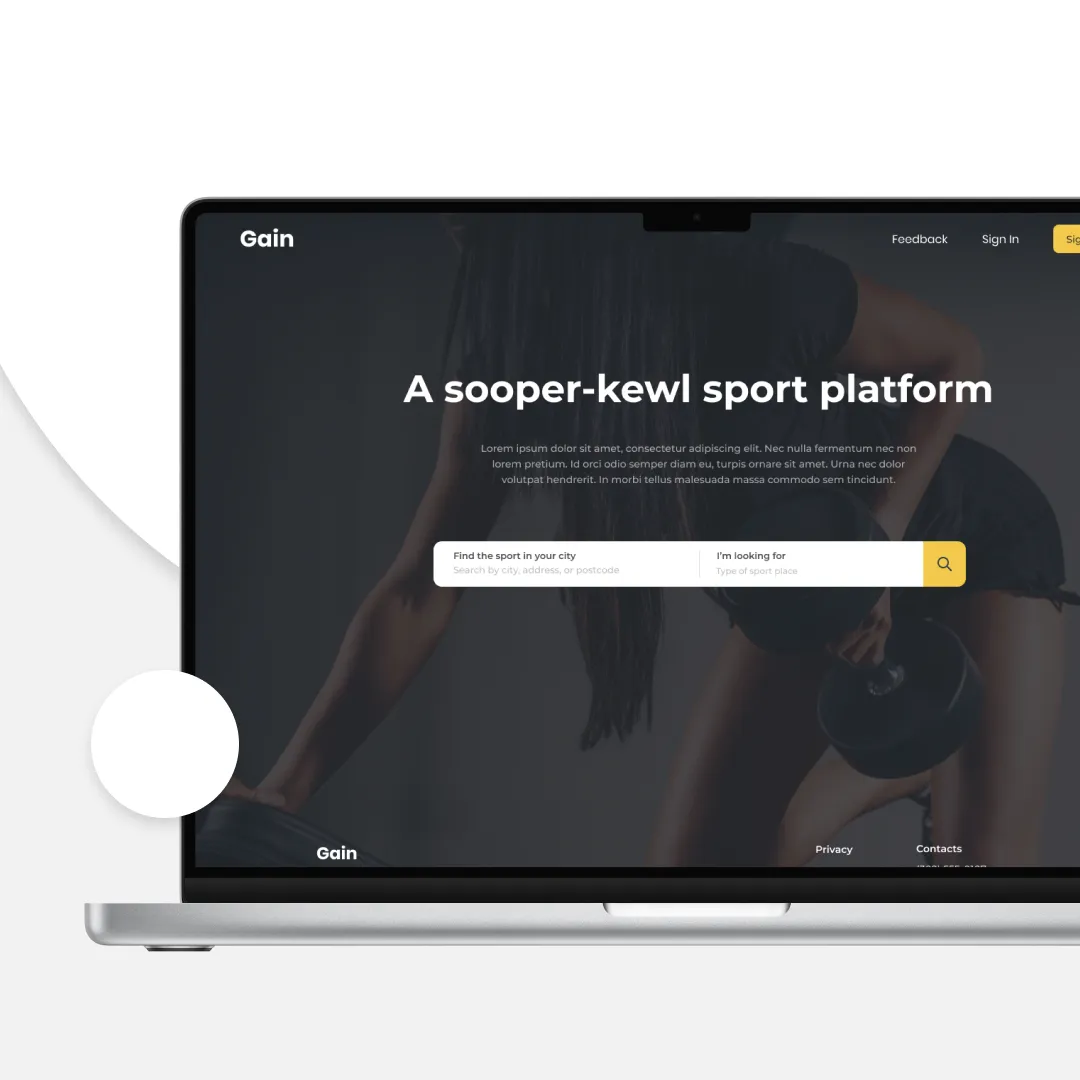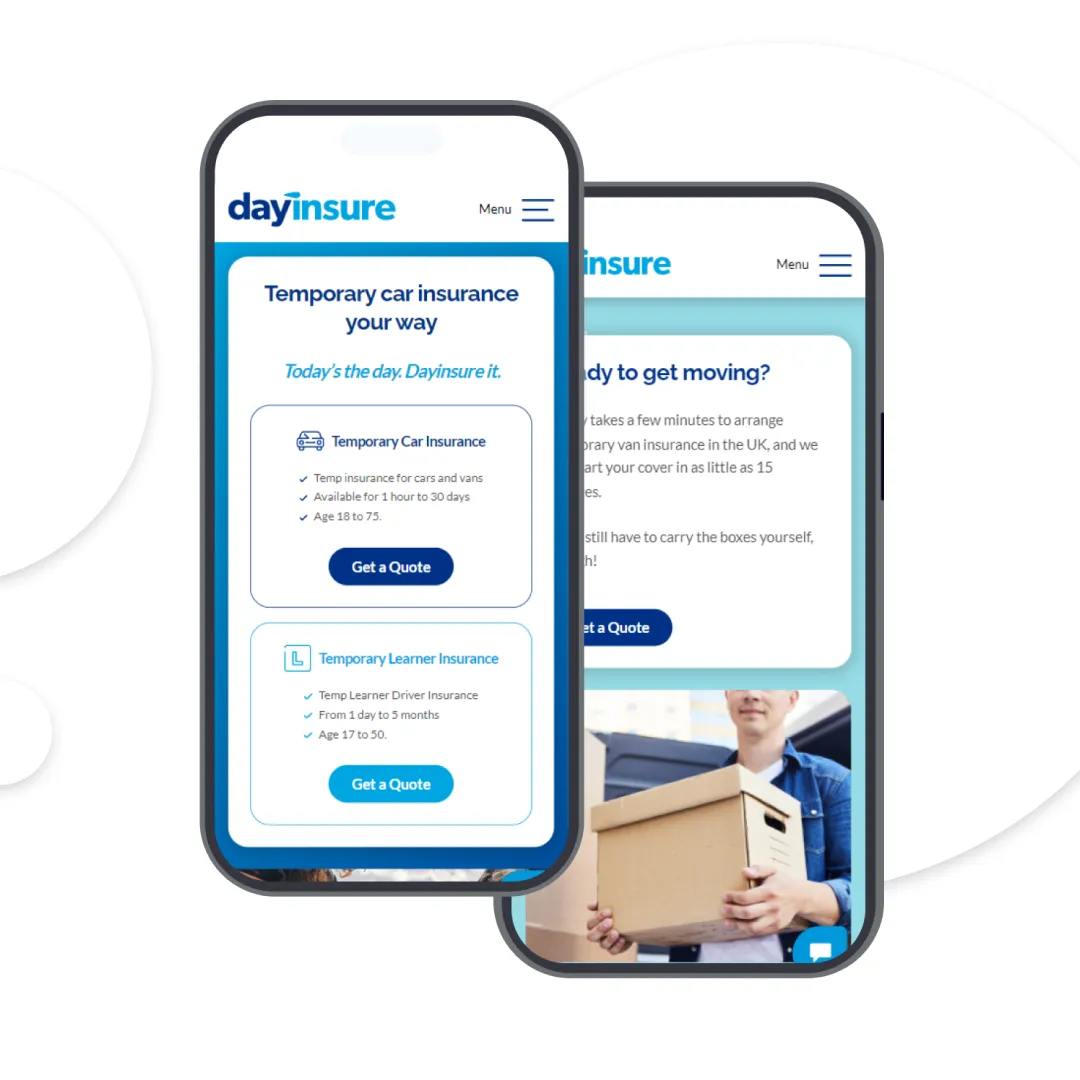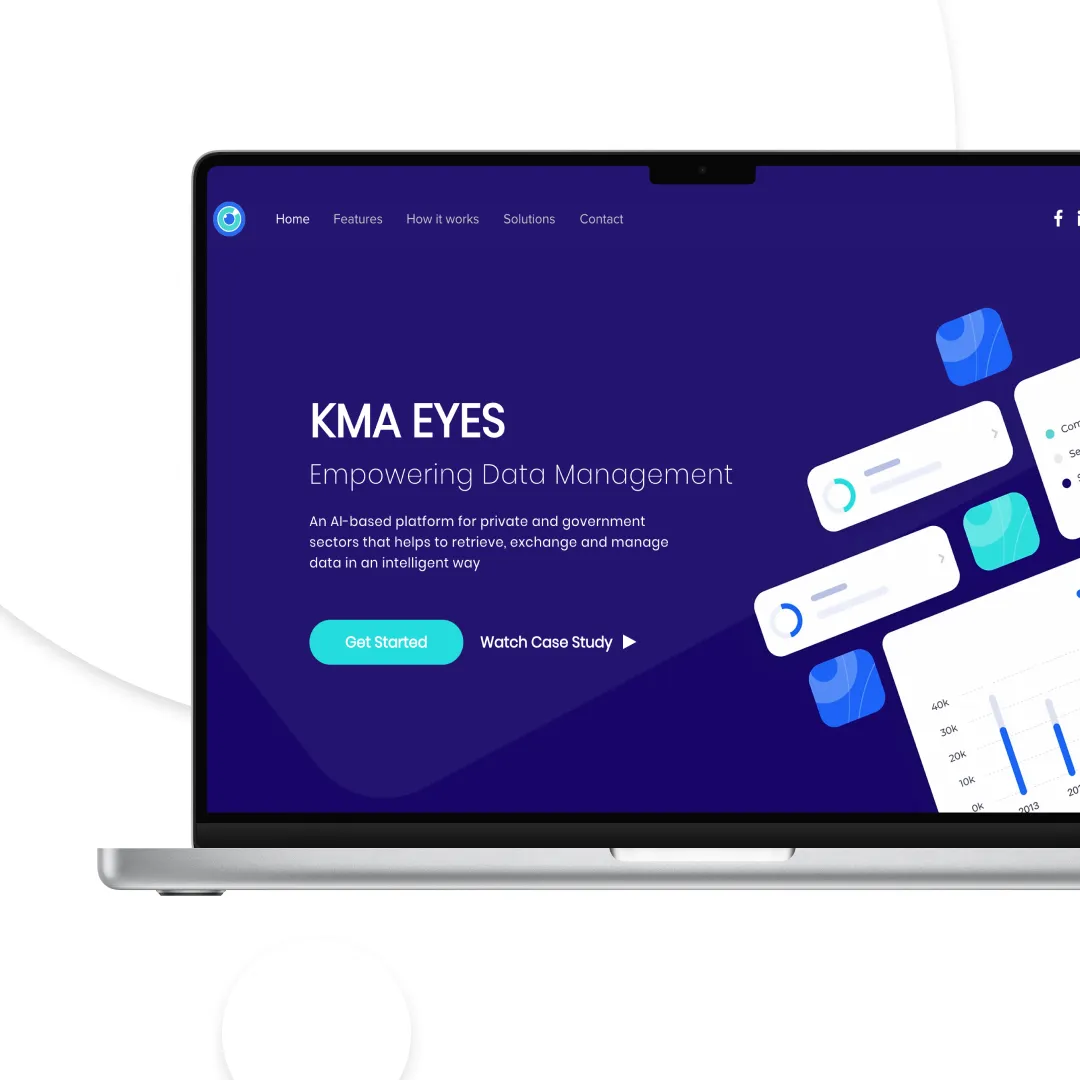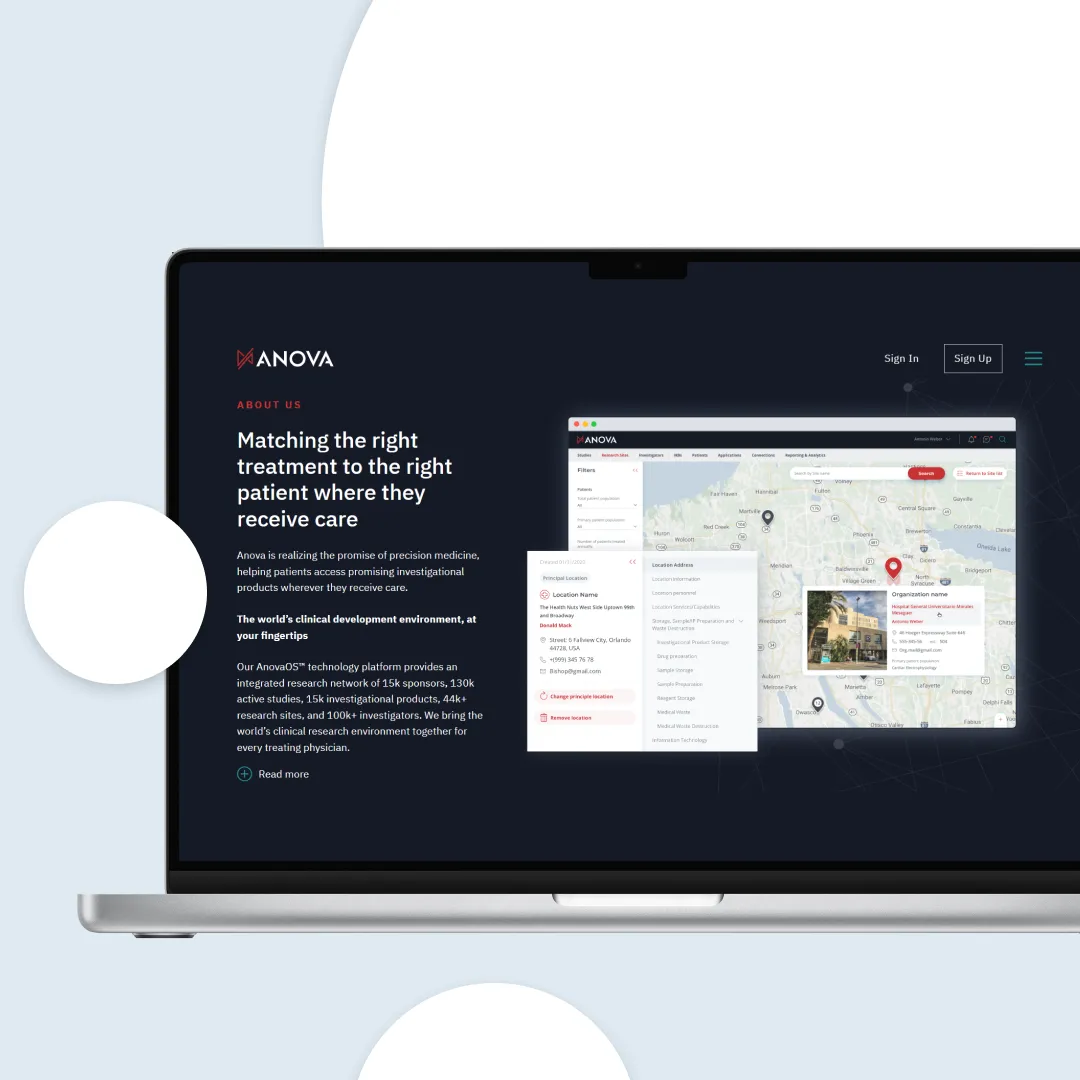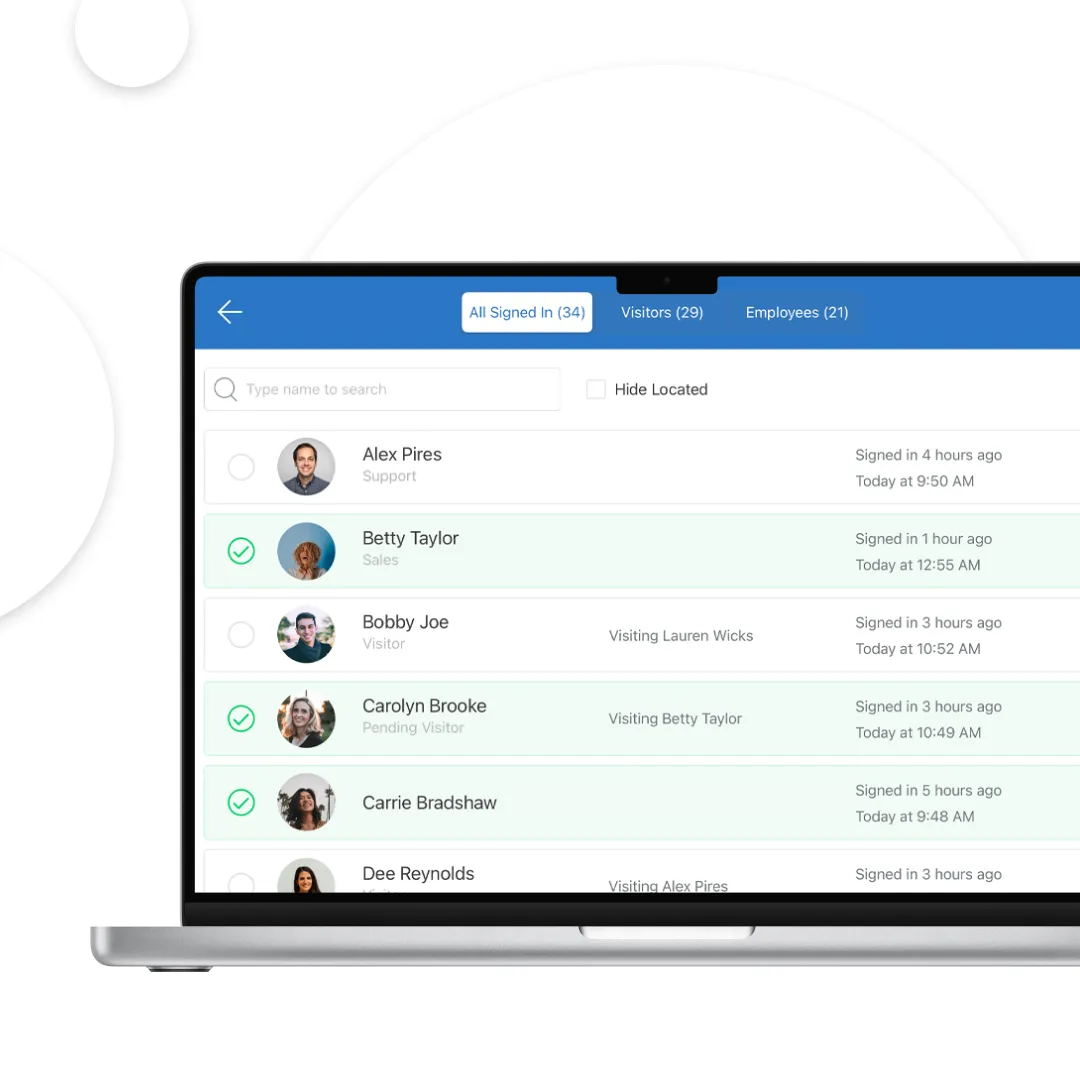As an industry-leading, worldwide application development agency, we have comprehensive technological expertise that spans across a number of industries. Applying our knowledge from a range of projects, we develop bespoke software and mobile apps for our partners in warehousing, logistics management, container shipping, transport and courier delivery markets. Magora offers bespoke Transport and Logistics Software Development to improve business efficiency, planning, shipping, and delivery time. We help logistics companies get ahead using our solutions.
![Transport & Logistics]()
Magora develops Bespoke Enterprise Software Solutions to improve processes in your business and benefit it with trends, efficiency, deep insights, and much more. Our team works with corporate partners to help you increase revenue streams and improve your competitive edge through the use of bespoke products and technology. With years of experience developing bespoke software, Magora has delivered many projects designed to increase business efficiency. The assistance we offer takes many forms: the streamlining of inventory management, service automation, digital reporting and analysis tools, and enhanced customer experience analysis.
![Bespoke Enterprise]()
Magora provides Startups Software Solutions to improve processes in your business and benefit it with trends, efficiency, deep insights, and much more. We are experienced business consultants who can help make your business idea a reality. A large portion of Magora’s services involve the development of Minimum Viable Products for startups, as well as more complicated bespoke solutions for our larger and enterprise clients. An MVP brings you to the basic level of functionality as fast as possible so your business is ready to deploy with no delay.
![Startups]()
Magora provides Healthcare Software Development to improve processes in your business and benefit it with trends, efficiency, deep insights, and much more. Healthcare is a booming industry, and Magora is playing a dynamic role in its growth. The medical industry has been identified as a crucial sector in constant need of new technology that can modernise, automate, and better organise the many aspects of patient care and hospital management. Our purpose-built solutions improve patient well-being, staff efficiency and boost the overall success of any practice.
![Healthcare]()
Magora’s Real Estate & Property Management Software Development improves processes in your business, benefitting it with trends, efficiency, deep insights, and much more. Our bespoke software is rapidly becoming the go-to tool for Real Estate professionals and leading construction companies worldwide. Magora has been working in RE development for years, and can bring our extensive experience dealing with industry-specific issues, cutting costs, improving workflow, expanding outreach and growing businesses to you and your business.
![Real Estate & Property Management]()
Magora’s Finance Software Development improves processes in your business, benefitting it with trends, efficiency, deep insights, and much more. Financial app development: we specialise in taking concepts and bringing them to the market so that you can reach the widest audience with the highest-quality application available. At Magora we seek to act as your guide throughout the entire development process, helping you turn your theoretical application into a lucrative reality.
![Finance]()
Magora provides HoReCa & Tourism Software Development to improve processes in your business and benefit it with trends, efficiency, deep insights, and much more. We understand that running a catering business demands a lot of responsibility, running around, and being on one’s feet, so sitting in front of a computer all day to handle everything just doesn’t work. With the combination of your business knowledge, and our experienced development team, Magora specialists can design a bespoke software solution for your restaurant, cafe, bistro, or any other culinary outlet. Applications can improve and streamline essential processes for both businesses and customers.
![Tourism]()
Magora provides IT & Telecom Software Development to improve processes in your business and benefit it with trends, efficiency, deep insights, and much more. A bespoke software solution can streamline back-office processes, technical support practices, support the automation of tests and diagnostics, simplify troubleshooting, ensure high-quality testing and 24-hour monitoring for your software system and much more.
![IT & Telecom]()
Magora provides Marketing Software Solutions to improve processes in your business and benefit it with trends, efficiency, deep insights, and much more. Now you can take full control over all your comprehensive marketing requirements: content creation, social media management, market research and analysis, promotions and campaigns, distribution, brand awareness, client databases, advertising budgets, and data management - it can all be managed with real-time visibility from your bespoke software solution from Magora.
![Marketing]()
Magora’s E-Commerce & POS Software Development improves processes in your business and benefits it with trends, efficiency, deep insights, and much more. For almost a decade Magora has been creating e-commerce apps that help businesses attract new visitors, increase customer loyalty and work simultaneously with an unlimited number of buyers from any part of the world, providing the ultimate user experience and satisfaction that engages your clients and keeps them coming back again and again.
![E-Commerce & POS]()
Magora provides Entertainment Software Development to improve processes in your business and benefit it with trends, efficiency, deep insights, and much more. If you are looking for an opportunity to provide a unique user experience or want to create an ambitious entertainment project, our expertise will help you succeed.
![Entertainment]()
Magora’s Hospitality Software Development meets consumers' high expectations and your business needs. Hospitality software may solve different tasks, from booking a room, making a payment, to scheduling, housekeeping, customer relationship management (CRM), reporting, etc. Our team has extensive experience working with big data and is happy to offer you the best solution.
![Hospitality]()
Magora provides Pharma Software Development to cover the needs of the pharmaceutical sector and help businesses become market leaders. No matter how big or small a company is, whether a wholesale or retail distribution business, our team will find the most effective solution.
![Pharma]()
Magora’s Automotive industry Software Development enhances customer experiences, generates revenue, and reduces costs of operation through tailored automotive industry software development. Our team can develop a product that optimises your online business management, build IoT-connected car software, advanced driver, and autonomous driver systems, and much more.
![Automotive industry]()





















.png)


.png)
